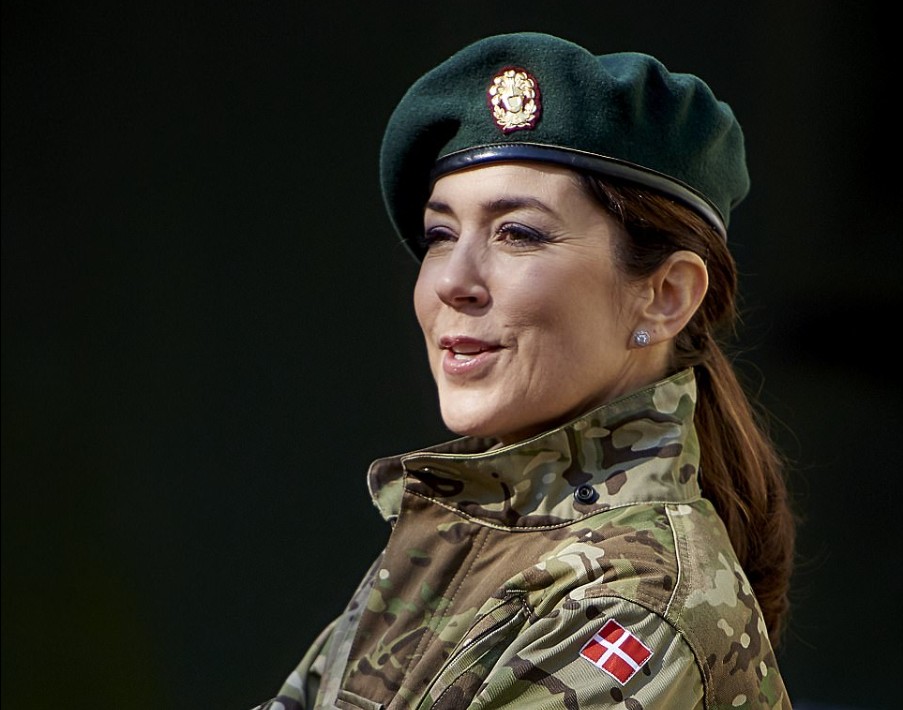
Denmark announced plans to accelerate the implementation of mandatory military service for women starting in 2026, making it the third NATO country alongside Norway and Sweden to draft women into its armed forces.
The comprehensive military reform bill, set to take effect on July 1, 2025, will require women aged 18 and older to attend Armed Forces Day in 2026 and potentially serve if volunteer numbers fall short. This marks a major shift from the current policy where women can only join voluntarily while men are selected through a lottery system.
The decision comes as Denmark bolsters its military preparedness amid growing concerns about Russia. In February, the Danish government established a 50 billion DKK ($7.2 billion) Acceleration Fund to strengthen its defense capabilities. Defense Minister Troels Lund Poulsen warned that Russia could pose a credible threat to NATO countries within two years if defensive measures aren't enhanced.
Adding to regional tensions are disputes with the United States over Greenland, a Danish territory. Former U.S. President Donald Trump's expressed interest in acquiring Greenland for "national security purposes" has been firmly rejected by both Danish and Greenlandic leadership. France has cautioned the U.S. against any forceful attempts to gain control of the territory.
Acting Chief of Defense Michael W. Hyldgaard emphasized the strategic importance of the new policy: "The defense needs all the fighting power we can mobilize. With female conscription, we strengthen our opportunities to attract the most talented and motivated young Danish people, regardless of gender."
The reform has garnered support from Danish politicians, including Mona Juul, who praised the accelerated timeline on social media. Defense Minister Poulsen highlighted the move as an important step toward gender equality in military service, particularly given the current security climate.
While Denmark prepares to implement these changes, questions remain about its potential role in international conflicts, including the possibility of sending peacekeeping troops to Ukraine - a move the country has indicated it would consider "in principle."